Editor’s note: The holidays often bring extra pressures and feelings of sadness to many who struggle during this time of year. Here, our newest local columnist offers some words of wisdom for dealing with holiday stress.
Hopelessness, depression, thoughts of suicide—these are just a few of the mental health concerns affecting adolescents and adults, as documented in the Nevada Needs Assessments conducted by the Nevada Department of Health and Human Services over the last 10 years. Adolescents are defined as middle and high school-aged children.
Both adults and adolescents report experiencing stress at home, school, and/or work. Studies show that kids who experience sadness, depression, and hopelessness for consecutive weeks often reach a point where they no longer participate in academic or social activities.
Many of the Nevada Health Assessment questions revealed differences in race and ethnicity on topics such as teen pregnancy, household income, and insurance. However, when it comes to youth sadness, depression, and thoughts of suicide, all ethnicities and races rated within a few percentage points of one another. This shows we are all susceptible to feelings of mild or extreme sadness and depression.
The great thing about depression is that it reveals something about you as a person. For example, if you feel depressed because you lost your job, it might reveal that you value your income, your coworkers, or your job title. If you lose a loved one and feel depressed, that depression reflects how much you valued that person. If you did not feel these emotions, it might suggest you did not care about your job or the person who passed away. Sadness, in itself, isn’t necessarily a bad thing.
Emotions become problematic when they take over our conscious selves. “Conscious” means we are capable of thinking and decision-making. When our emotions control our consciousness, feelings like frustration, anger, perfectionism, or depression dominate our thoughts and decisions. However, we are designed to override these emotions and use logic. Logic allows us to extract necessary information from our emotions and make wise decisions.
So how do we do this? How do we put out emotional fires? Do you remember the phrase “Stop, Drop, and Roll,” taught to protect us in case of a physical fire? Well, we can adapt it as “Stop, Drop, and Role Play” for emotional fires.
- STOP. Be honest with yourself about what’s wrong. This is best done on half a sheet of paper—you will use the other half later. Start by jotting down your perception of what’s wrong.
- DROP. Go deeper and ask yourself, “Why does this bother me so much?” Write down your answers alongside your notes.
- ROLE PLAY. Now use the other half of the paper. Imagine your most beloved person came to you with everything you just wrote down. What advice would you give them? Write it down. Talk through any objections that come up. Once you are “all talked out,” you will have written logical and wise advice—and maybe even a plan—that you can now apply to yourself.
Even when we feel hopeless, we usually want the best for the people we value. Temporarily removing yourself from your problems and imagining they belong to someone else allows you to access a more beneficial state of mind. Once you’ve given your beloved person advice, you can take back ownership of your problems with a renewed sense of personal power and move forward.
We would never want someone we love to feel hopeless, depressed, or suicidal. You are just as lovable and just as deserving of hope and joy as those you care about.
Basic laws of science tell us that gravity is the force that holds us down. From a spiritual perspective, there is a Scripture that reads: “Stay alert! Watch out for your enemy, the devil. He prowls around like a roaring lion, looking for someone to devour” (1 Peter 5:8).
Whether you prefer a spiritual perspective, a scientific one, or both, there is always a force working against you. Feelings are our alert systems that can prevent us from being devoured or held down. Don’t let feelings of hopelessness, depression, anger, or anxiety turn into emotional fires that spread from adolescence into adulthood. Stop. Drop. Role Play. Let us thrive on purpose.
Natasha is a veteran and homeschool mom of three who is currently stationed in the Oasis of Nevada with her husband of 15 years at NAS Fallon. She is a Specialist for healing symptoms of mental and emotional trauma through MindFreed founder Roman Zanoni.




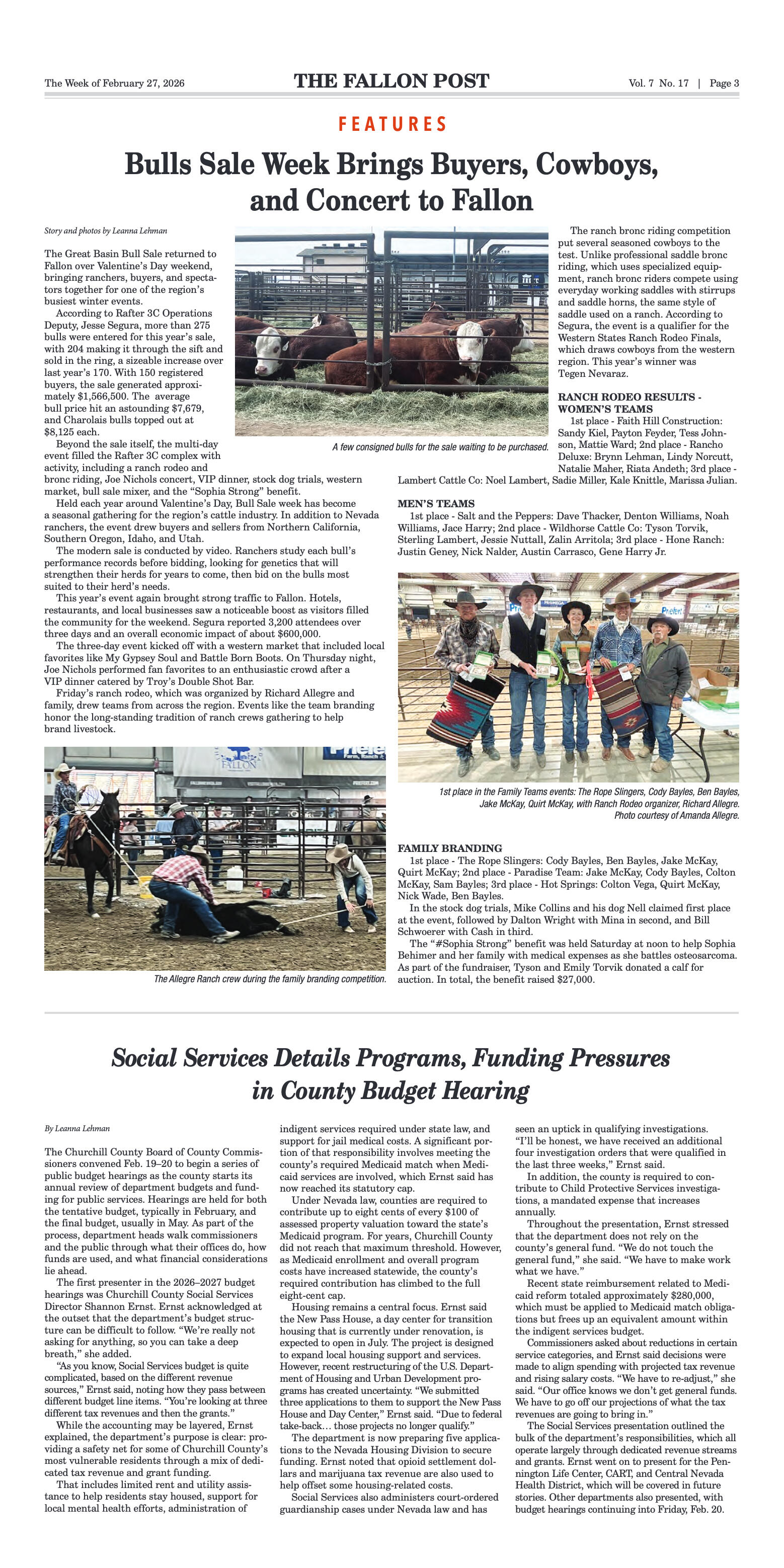
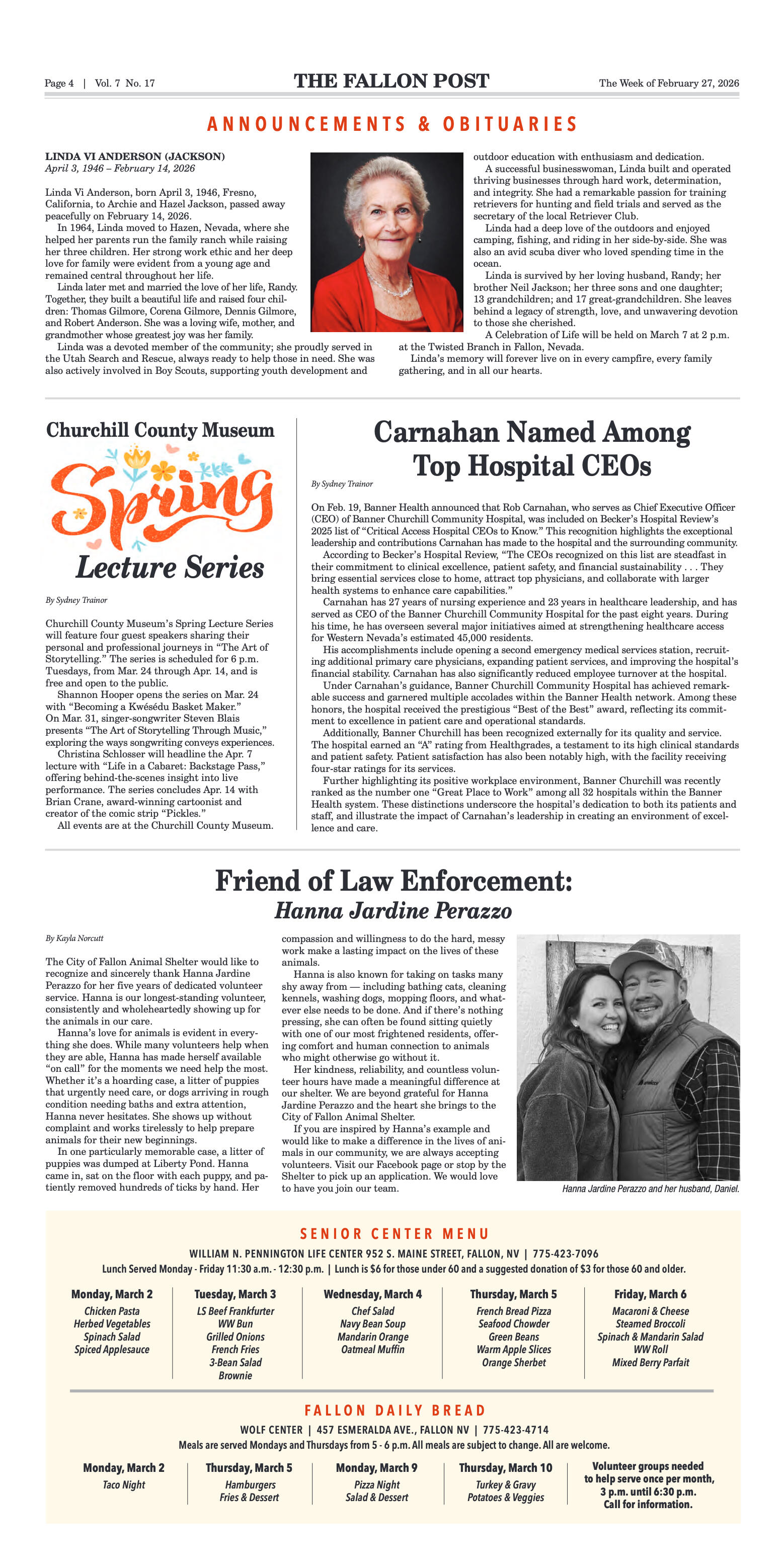
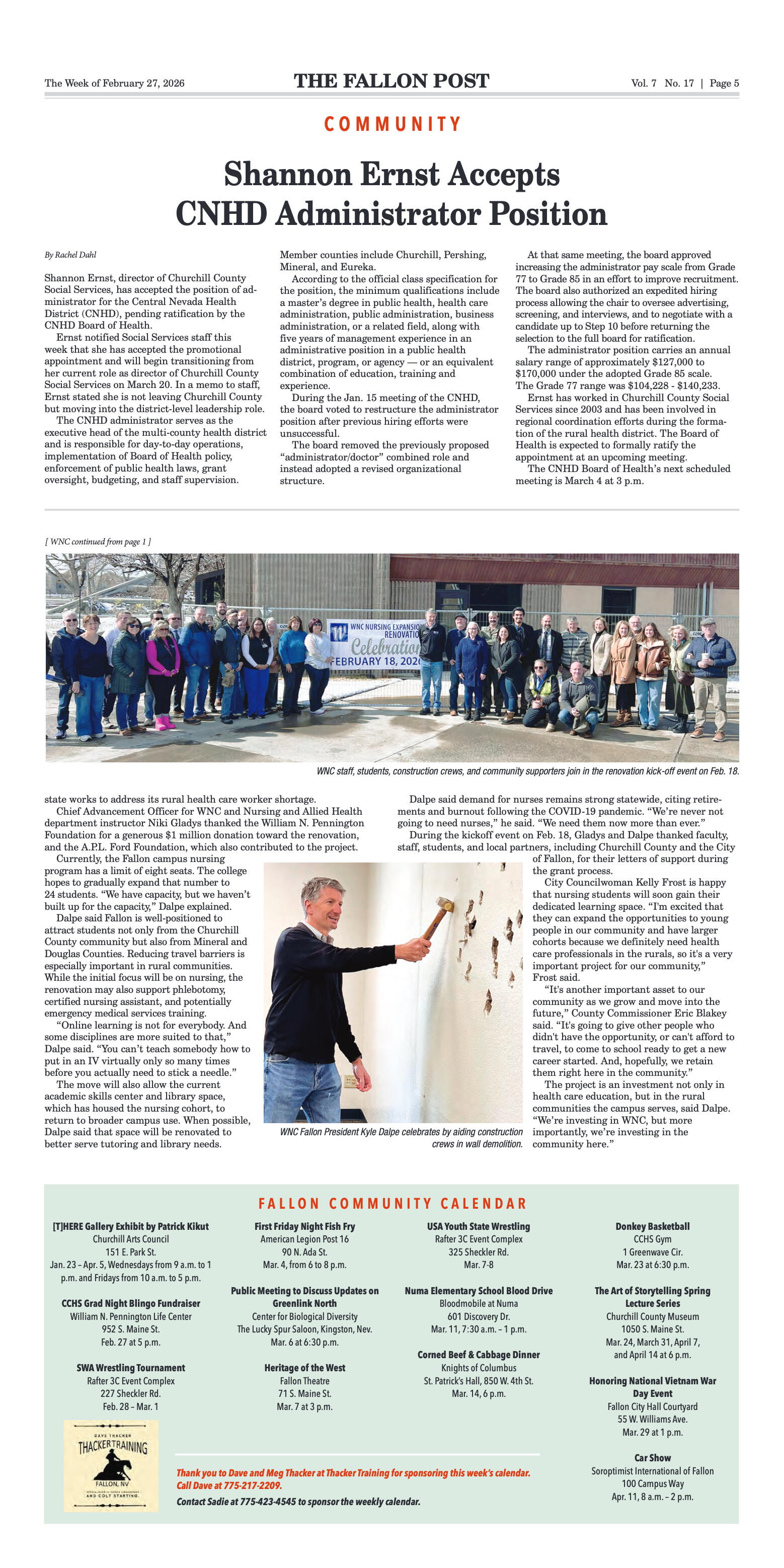
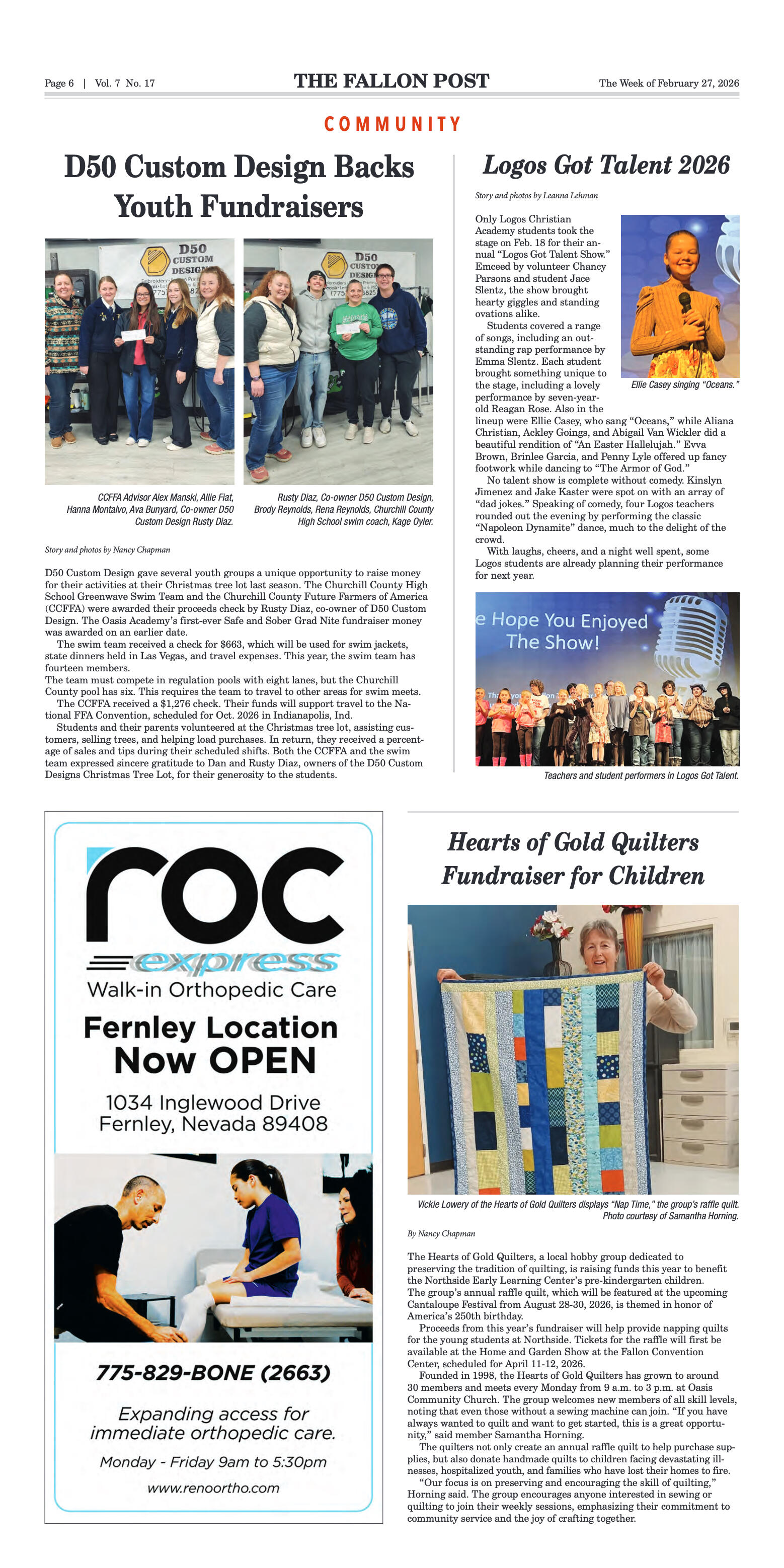

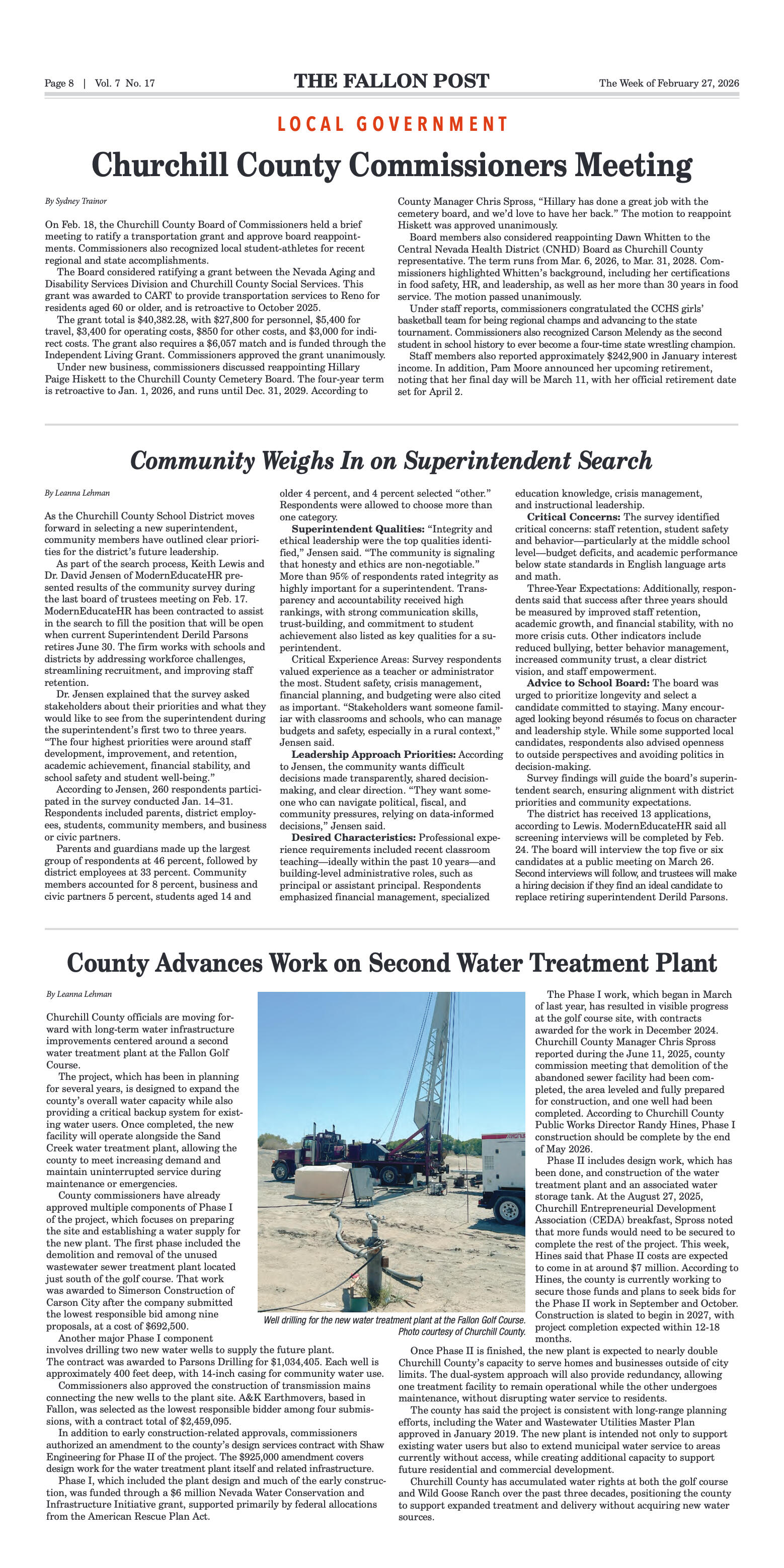

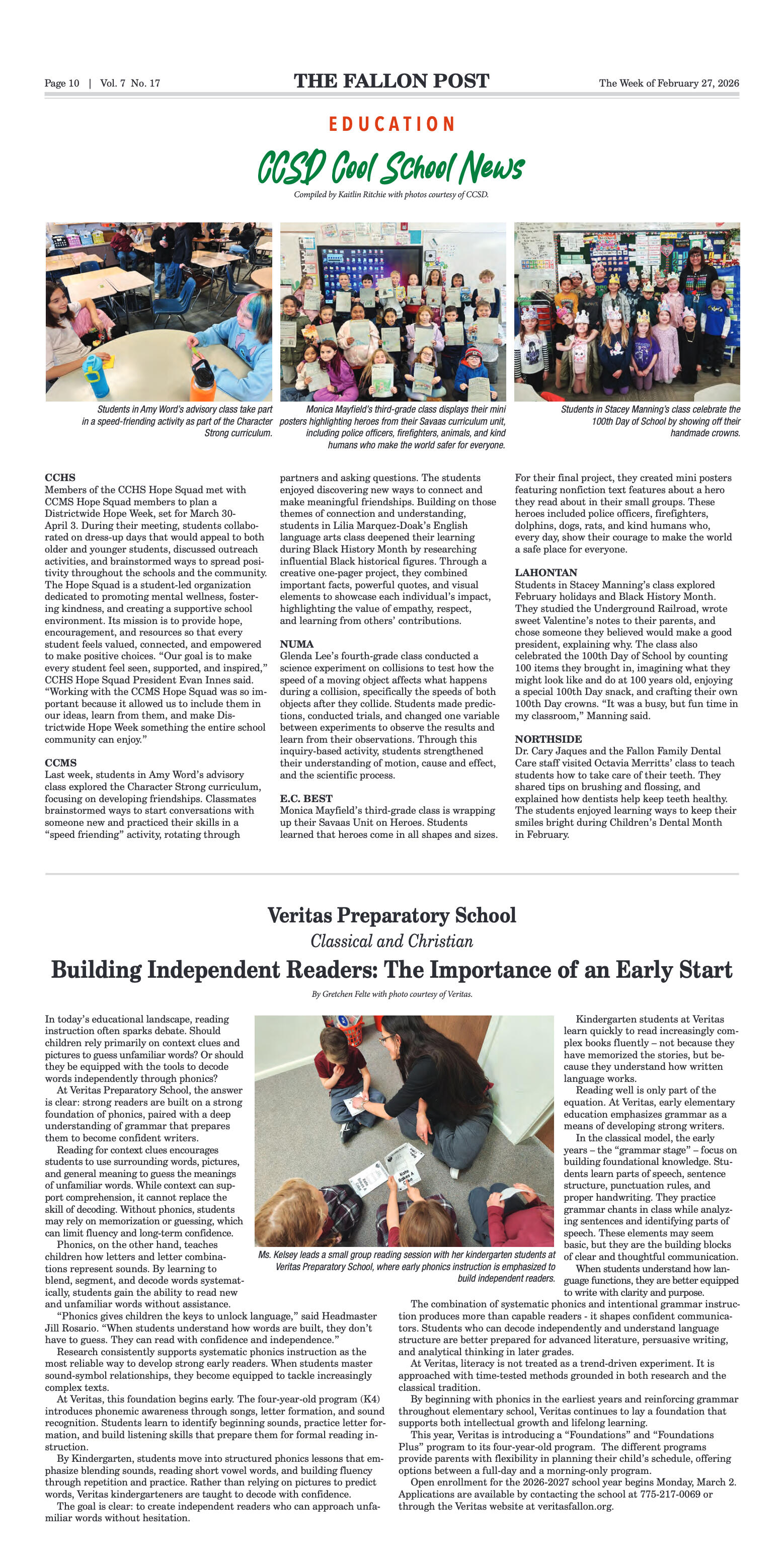
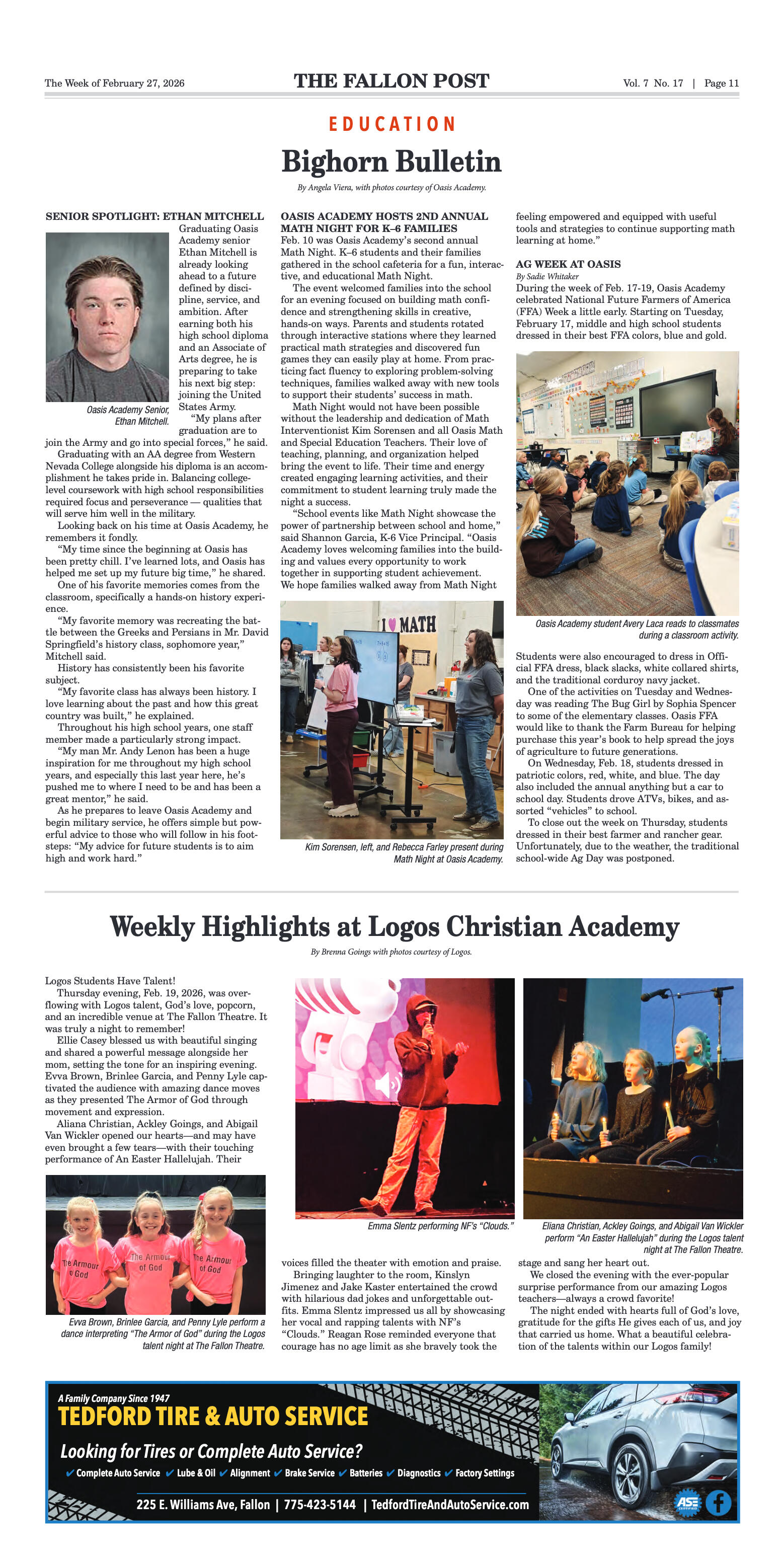

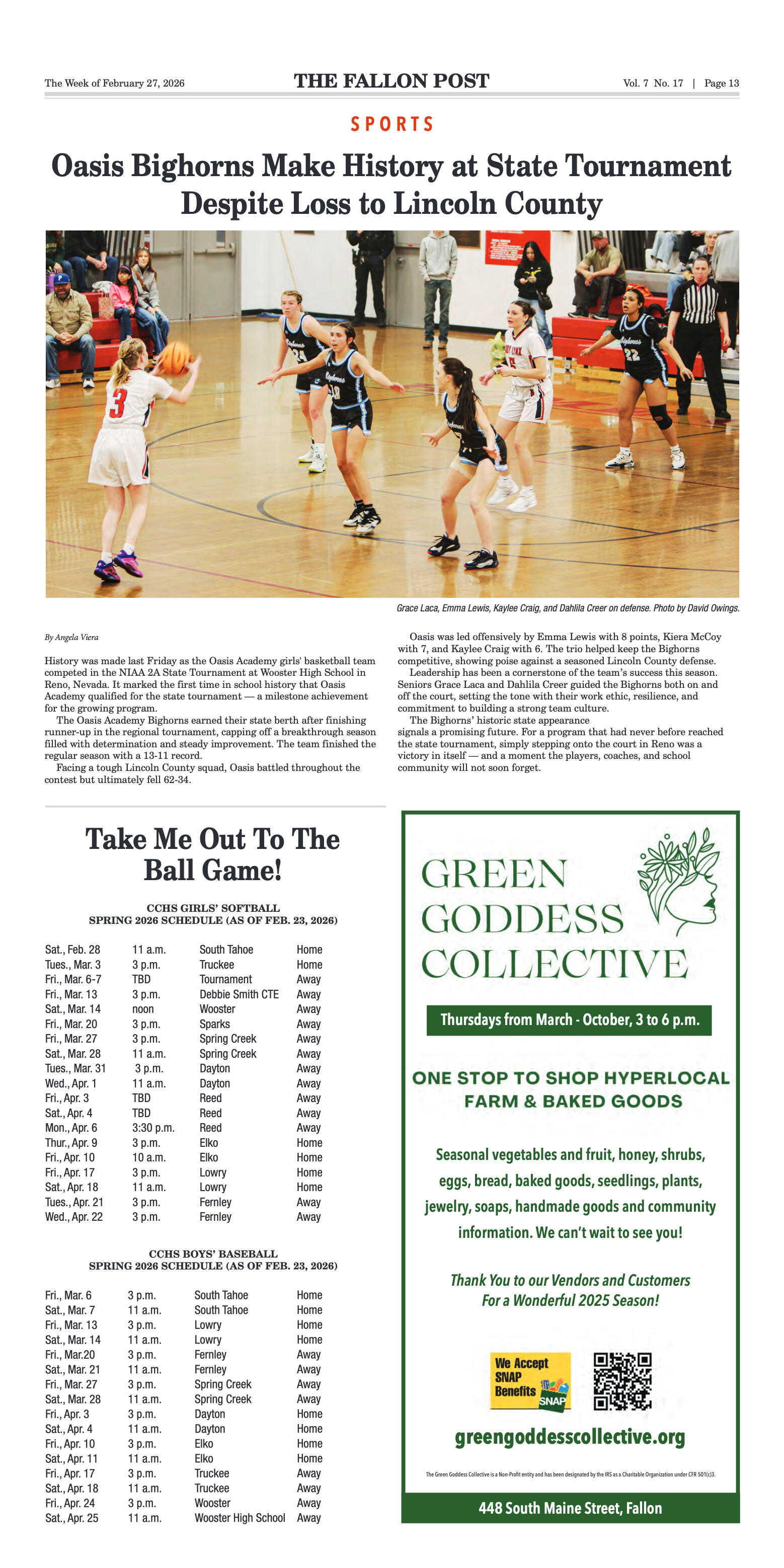

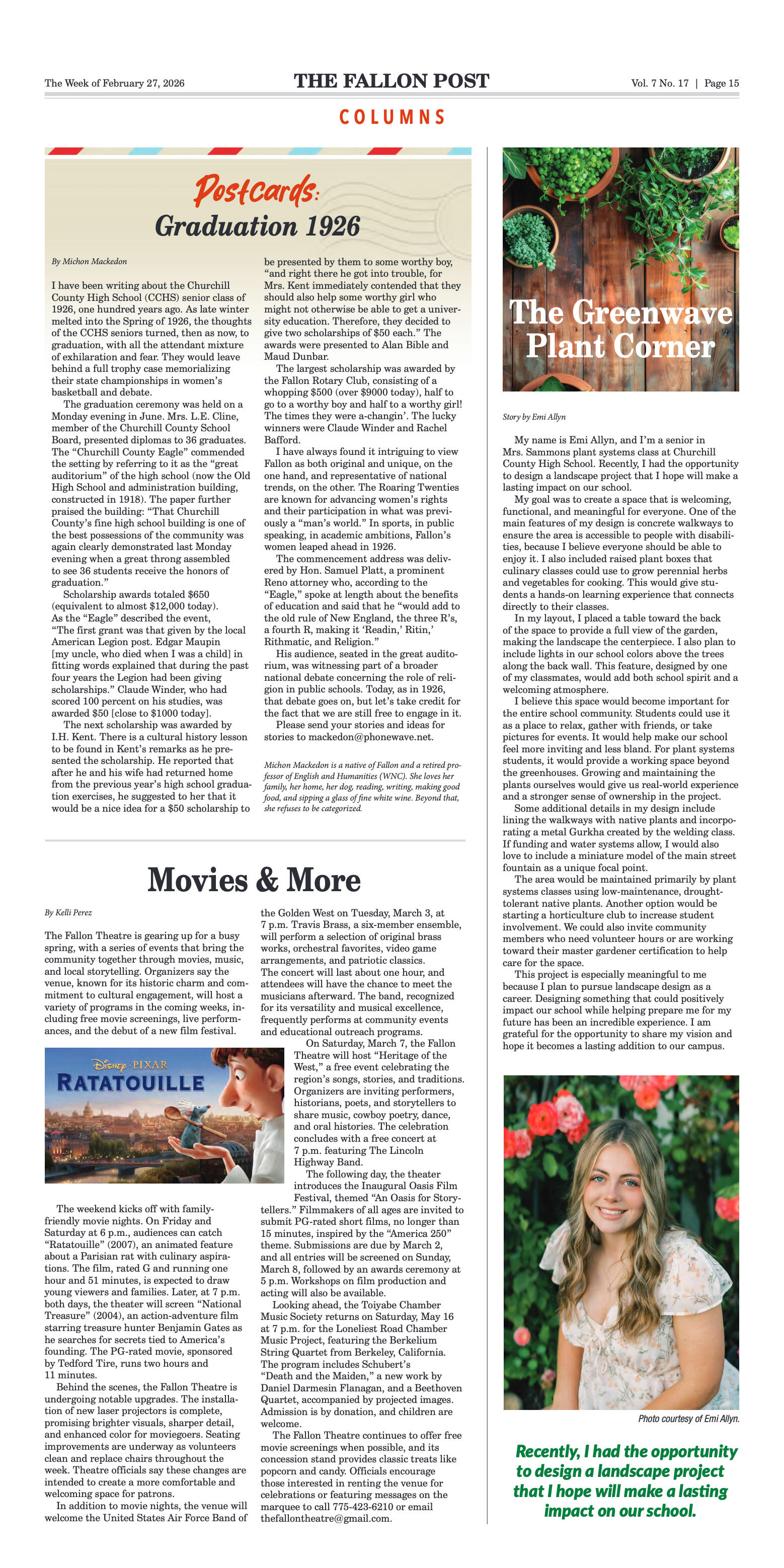





















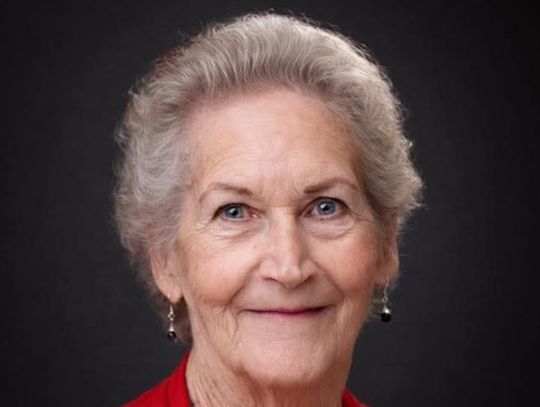


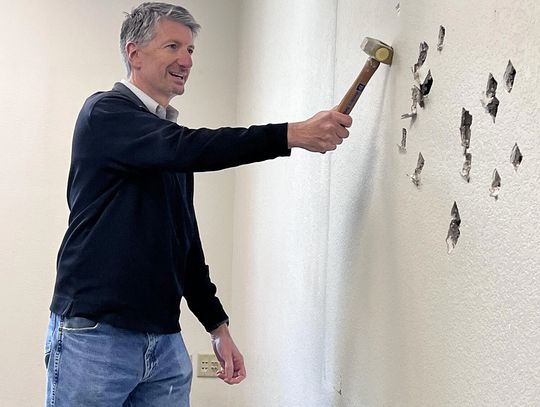


Comment
Comments